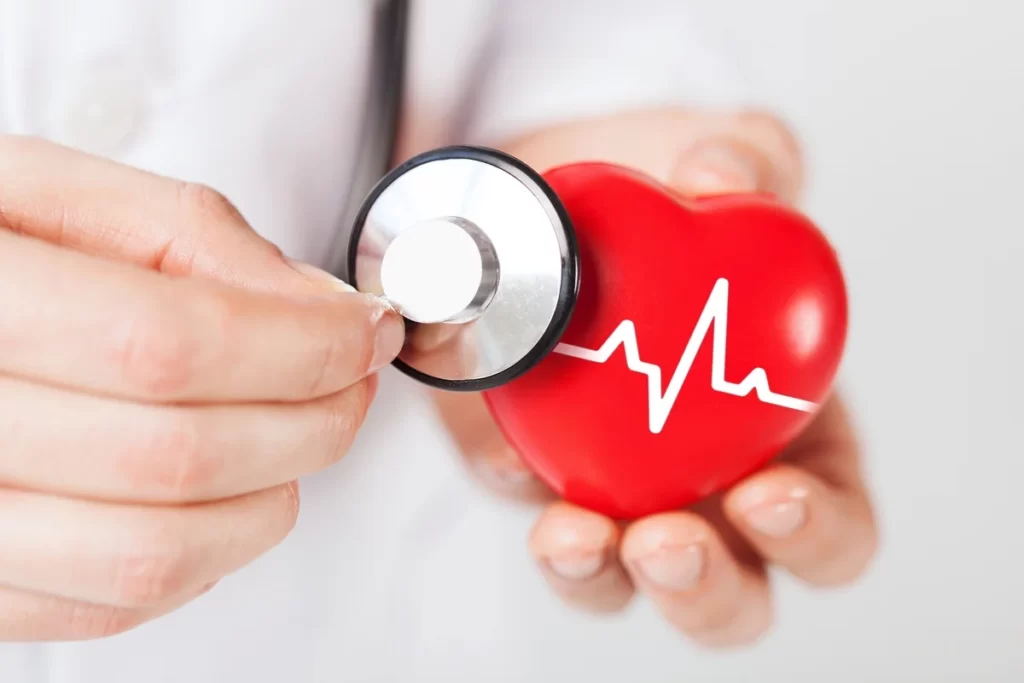Signs of Heart Attack You Should Not Ignore

According to the Global Burden of Disease, India’s death rate due to cardiovascular disease (CVD) in India is 272 per 1,00,000, which is significantly higher than the global average of 235.
Did you know that in India, it is estimated that about 3 million people die of a heart attack every year. On another alarming note, the deaths due to heart attacks has increased by 53% in the last five years.
As per WHO, India accounts for one-fifth of the total deaths due to stroke and heart diseases in younger adults!
All these figures and stats point towards a clear trend – deaths due to heart attacks are on a rise. There are many factors causing heart attacks at an early age, such as – sedentary lifestyle, smoking and drinking, lack of exercise and poor diet.
If there’s something wrong with your heart, you should know it. Not every heart attack comes with a clear warning, and sometimes symptoms of a heart attack are not very clear.
In this post, we are going to highlight the 7 common and not-so-common symptoms of an impending heart attack. Understanding these can help you prepare yourself and your family in the time of need.
Symptom #1: Chest Pain
One of the most common symptoms of heart attack is a sharp, shooting pain. This pain originates from the chest and radiates to the shoulders, neck, back and sometimes, to the jaw or even stomach.
This sensation can be prolonged and intense or sporadic and mild, but it should not be ignored or confused with a heartburn.
Symptom #2: Nausea and Vomiting
If you are feeling nauseous and giddy, or wake up with a sudden urge to vomit, it can be a sign of a heart attack.
Sometimes, these symptoms can also be noticed for flu and other body conditions, but they can be more serious than a common infection.
Symptom #3: Palpitations
If you feel your heart is beating too fast or too hard, or iit is skipping a beat or even fluttering, then these are sure signs of heart palpitations.
Mostly, palpitations can be a sign of stress and anxiety, but if you feel repeated palpitations for a prolonged time period can be a sign of a serious heart condition or impending heart attack.
Symptom #4: Breathing Difficulty
Breathlessness caused by walking or simply doing minor physical activity can be an indicator of a weak heart. Shortness of breath along with chest pain is a common sign of a silent heart attack.
Note that breathing difficulty is also accompanied with dizziness or headache, and if you experience these symptoms, make sure to consult a doctor immediately.
Symptom #5: Chest Discomfort
One of the most common symptoms of a heart attack is pain experienced in the middle of the chest that lasts more than a few minutes. It can feel pressurising and make one feel as if muscles of the chest are being squeezed.
Along with discomfort, chest pain can also be accompanied with a burning sensation.
Symptom #6: Sweating
Most heart attack patients complain of sudden, heavy sweating without undergoing any strenuous physical activity.
During a heart attack, the arteries of the heart get blocked which cuts off the blood supply to the heart. This leads to the body utilising extra energy to cool itself down, leading to sweating.
Breaking out in a cold sweat is a warning sign for heart attacks.
Symptom #7: Stomach Pain
One of the less frequent symptoms of heart attack, stomach pain arising from the abdomen (upper middle area) can feel heavy and sharp. This sudden, stabbing pain can be an indicator of a heart attack, if it persists for more than a few minutes.
In Conclusion
A heart attack can happen without warning, but it usually occurs followed by some common symptoms as we have discussed above.
Being aware of the signs of a heart attack will not only help you seek medical attention in time, but will also ensure your chances of survival are increased as chances of survival are higher if a patient can get emergency treatment.
Please note that these signs do not always imply that a person is having a heart attack, but it is advisable to stay cautious and consult a general physician near you or a heart specialist if you feel them.
Feel free to share this information with your friends, family and loved ones so they can keep a watch on their heart and health.
Stay well, stay healthy!
Dr Nitin Garg


Leave a Reply